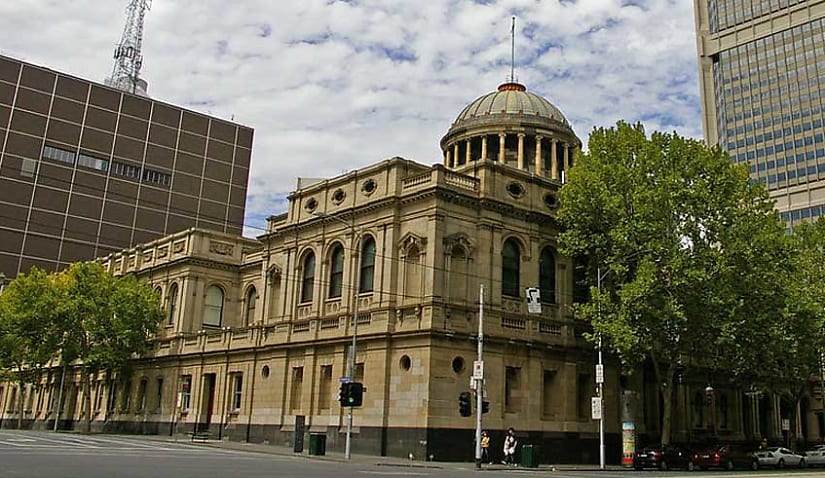A criminal lawyer facing an anti-money laundering investigation failed to convince a court he should continue practising.

Melbourne criminal lawyer Nick Marcevski conceded he failed to comply with his reporting obligations under anti-money laundering laws when he received three cash payments above $10,000 and 57 cash deposits in the amounts of $9,000 and $9,900.
The submission was repeated in the Supreme Court as part of Marcevski’s application for leave to appeal an order of the Victorian Civil and Administrative Tribunal (VCAT) refusing to stay a decision of the Legal Services Board (VLSB) to cancel his practising certificate.
Last December, VCAT senior member Reynah Tang said the limit on cash transactions is well known, and it is “difficult to accept, on face value, that Marcevski … was unaware of the limit”, especially given he practised criminal law for more than a decade.
Tang added that granting the stay amid the investigation could “have an adverse impact on the reputation of the legal profession”.
Marcevski advanced seven grounds of appeal in the Supreme Court, including a claim the operation of the Legal Profession Uniform Law (Victoria) makes evidence obtained as a consequence of compliance with the powers of the Uniform Law “inadmissible against him”.
As a consequence of this, he said the material the board used in its decision to cancel his practising certificate should not be relied on, and the same could be said for VCAT’s December decision.
Justice Michelle Quigley said she was “not satisfied that the application for leave has a real prospect of success”.
Referring to the inadmissible evidence ground, Justice Quigley said it would be “going beyond the supervisory role of this court” and would be “premature” to consider because the matter has “yet to crystalise”.
“It may be that the matter will never arise as the hearing before the tribunal is a hearing de novo and it will be a matter for the board to prove the allegations which support the cancellation,” she added.
Turning to public interest, Marcevski submitted Tang “relied heavily” on matters of hypothetical public perception but the authorities relied on to reach that conclusion did not provide the appropriate support.
In disagreeing with Marcevski’s submission, Justice Quigley said the tribunal identified the risks to the public and the “added overall risks” of that behaviour “prejudicing or diminishing public confidence in the administration of justice or bringing the profession into disrepute”.
“In circumstances where it is open to the tribunal to find on the material before it … that the applicant’s registration poses an ongoing public risk of non-compliance with anti-money laundering laws, there is nothing illogical or irrational to conclude the granting of a stay could also have an adverse impact on the reputation of the legal profession and, in turn, impact on public confidence,” she said.
Marcevski also submitted he was not given the opportunity to make submissions before the tribunal on the $10,000 cash transactions, the supervision regime to which he would submit as an employee solicitor, his willingness to change his law practice’s name, and the flight of nearly all of his clients from the firm.
He added he would have submitted the public “would not be confused” by a practising certificate with conditions.
Justice Quigley said Marcevski had “ample opportunity” to file evidence and dismissed this ground of appeal.
The Supreme Court also considered whether there would be a substantial injustice in not reversing VCAT’s order, but it ultimately found this would not stop media attention or the winding up of his legal practice because both have already occurred.
“The status quo over the past five months has been that the applicant has not held an Australian practising certificate.
“Whilst the applicant’s delay in prosecuting this appeal is not substantial, the passage of time undermines to an extent the submission made by him that a refusal to grant a stay will cause substantial injustice,” Justice Quigley said.

Naomi Neilson is a senior journalist with a focus on court reporting for Lawyers Weekly.
You can email Naomi at: